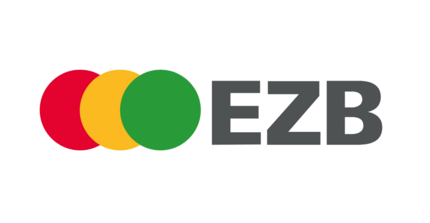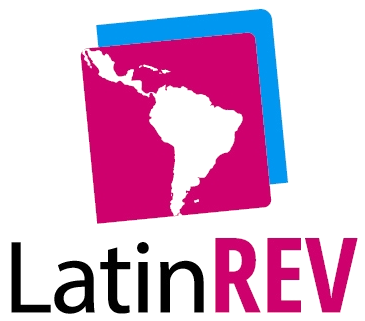Code of Ethics and Best Practices
The Boletim Campineiro de Geografia expects that authors, reviewers, and editors follow the best practice guidelines and observe ethical behavior.
We follow the ethical principles of scientific publication guided by the "Code of Conduct for Journal Editors" from the Committee on Publication Ethics (COPE), along with the "Guia de Recomendações de Práticas Responsáveis" published by the Brazilian Academy of Sciences (ABC).
We aim to avoid:
- Misconduct and unscientific practices;
- Plagiarism;
- Fraud, data fabrication, and falsification;
- Violations of intellectual property.
Ethical responsibilities of authors:
- Authors are responsible for the materials submitted to the Boletim Campineiro de Geografia, ensuring that they are original contributions and not under review by another journal;
- Authors should be aware of the journal's policies and submission conditions, being responsible for providing information about authorship and usage permissions;
- The accuracy of the information in the submitted materials, metadata, or bibliographic citations is the responsibility of the authors;
- Publications are the responsibility of all manuscript authors, who must participate in the development of the work, and the inclusion of people who did not contribute to the publication or later inclusion after submission is not accepted;
- Authors should be aware that any improper intellectual appropriation or misuse of previously published material will not be tolerated, and all used bibliography must be necessarily cited;
- When conducting translations, authors are responsible for presenting authorization, if necessary, related to the use of the original material;
- When conducting interviews, authors are responsible for ensuring explicit authorization from the interviewee for the publication of the material;
- Authors should respect the deadlines indicated by the editorial committee and notify if they cannot meet them.
Ethical responsibilities of reviewers:
- Reviewers are responsible for the reviews they provide to the journal;
- The evaluation of manuscripts received by the journal will be based on the merit of the work and the principle of impartiality;
- It is the reviewers' responsibility to inform themselves about the guidelines and requirements presented by the journal;
- Submissions and review details should be kept confidential;
- Reviewers should identify and disclose potential conflicts of interest before accepting the review or during the process;
- Upon encountering irregularities (plagiarism, self-plagiarism, fabrication, or falsification), reviewers should notify the editors;
- Reviewers should respect the deadlines indicated by the editorial committee and notify if they cannot meet them.
Ethical responsibilities of the editorial committee:
- The editorial committee is responsible for managing all the content published by the Boletim Campineiro de Geografia;
- The committee should ensure the journal's policies and be alert to unethical behavior by authors and reviewers;
- The committee should ensure transparency in editorial practices, responding to authors' and reviewers' questions and requests;
- The Boletim Campineiro de Geografia is guided by respect for ethnic, gender, sexuality, and religious diversity in all journal processes;
- Editorial committee members should maintain the confidentiality of the journal, protecting the identity of authors and reviewers;
- The editorial committee should not interfere with or overturn reviewers' decisions, except in cases where a conflict of interest or unethical conduct is identified.
Conflicts of interest:
The Boletim Campineiro de Geografia understands the need to select reviewers for submissions to the journal, avoiding conflicts of interest and ensuring a reliable editorial process. If a conflict is identified during the process, another reviewer will be selected. We consider conflicts of interest to be:
- Identified personal relationships between reviewers and authors (family ties, advisory relationships, or research group affiliations);
- Publicly recognized enmity or friendship between reviewers and authors;
- Conflicts of a political, professional, moral, or religious nature.






